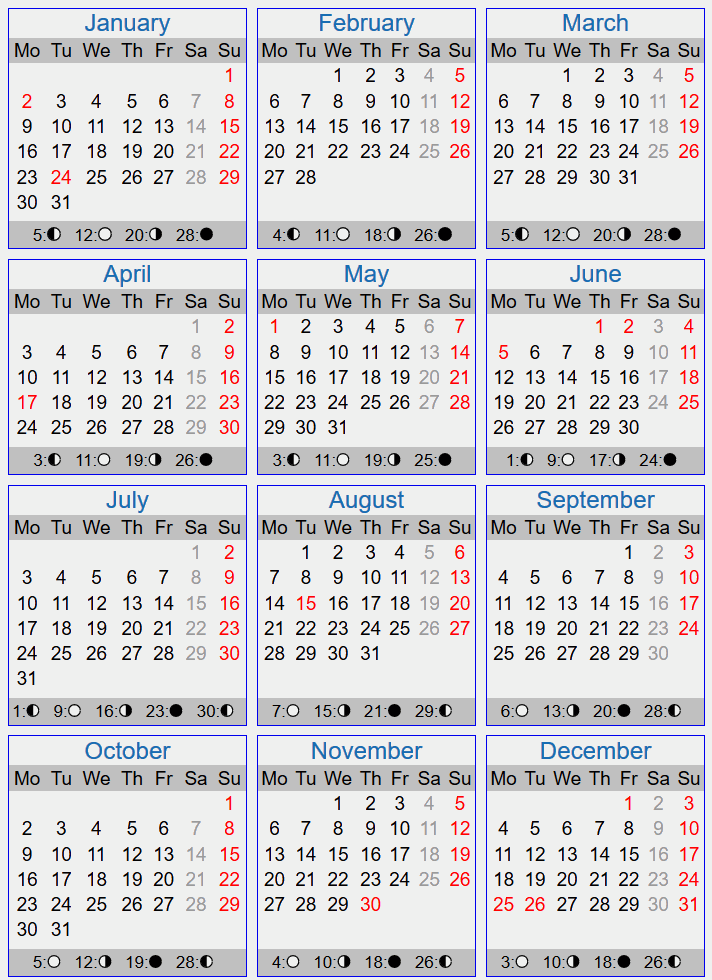


BLOG
How to finish your game prototypes
Do you know that adrenaline rush which takes over anytime you come up with a great idea for a new game? Sure you do! That is why you are into game development in the first place!
However, once that the rush is over, and you have already worked for several months at the game prototype, your enthusiasm may start to diminish. You may realize that you've got a lot of work ahead, and that your game may not be that innovative, after all. So, you give up the current project and start chasing a new game idea.
There is a scientific term for what you are experiencing. It's called the shiny object syndrome. Your brain craves for endorphins, which are released anytime you try something new. And sadly, the old game project isn't able to trigger that pleasure sensation anymore.
How to finish your game prototypes
Do you know that adrenaline rush which takes over anytime you come up with a great idea for a new game? Sure you do! That is why you are into game development in the first place!
However, once that the rush is over, and you have already worked for several months at the game prototype, your enthusiasm may start to diminish. You may realize that you've got a lot of work ahead, and that your game may not be that innovative, after all. So, you give up the current project and start chasing a new game idea.
There is a scientific term for what you are experiencing. It's called the shiny object syndrome. Your brain craves for endorphins, which are released anytime you try something new. And sadly, the old game project isn't able to trigger that pleasure sensation anymore.


Next article: How to build a fast website for your game

I know exactly how it feels; I went through this several times myself. I'm not talking about paid projects, of course; the substantial financial rewards should keep anyone motivated. No sir, I am talking about personal projects that had the potential to become hits, and now are just collecting digital dust on one of my external hard drives.
So, what can you do to actually take your game from a quick prototype to a fully polished project that can be sold for a good profit? Here are some of the most important things I've learned over the years.
1. Start with a small project. I can't tell you how many ruined projects I've seen, because small teams (and sometimes even lone wolves) have tried to take on games that required much more work than they could actually perform. So, don't go for a MMORPG if you really want to finish the project. Create a small platformer or a funny little puzzle game at first.
I know that you may have a unique idea for a complex game, and you simply can't wait to try it out! Well, in this case, why don't you create a smaller sized, standalone version of your complex project? Let's assume that you actually want to create that MMORPG. So, start by creating its multiplayer code, see how that works, and then move on from there.
2. Pick a reasonable deadline. Decide on a date when your game project will be finished. Go for three, six or 12 months, depending on the complexity of your project. Then, split the project into several milestones, making sure that you meet at least one of them each week.
This way, you will push yourself to work hard several days per week, or at least realize that you've lost interest in your project soon enough.
3. Try to work at your game daily. I've learned that an easy, and yet extremely powerful way of doing that, is to print a one-year calendar on a piece of paper, and then circle each day when you've worked at your project.
By using this simple method, you will strive to keep working each and every day. You wouldn't want to break that nice-looking work chain ;)
It's not something I've invented; Jerry Seinfeld, the comedian, uses a similar method, and it helps him write new jokes each day. And if you can't find one-year calendars, this website should help.
So, what can you do to actually take your game from a quick prototype to a fully polished project that can be sold for a good profit? Here are some of the most important things I've learned over the years.
1. Start with a small project. I can't tell you how many ruined projects I've seen, because small teams (and sometimes even lone wolves) have tried to take on games that required much more work than they could actually perform. So, don't go for a MMORPG if you really want to finish the project. Create a small platformer or a funny little puzzle game at first.
I know that you may have a unique idea for a complex game, and you simply can't wait to try it out! Well, in this case, why don't you create a smaller sized, standalone version of your complex project? Let's assume that you actually want to create that MMORPG. So, start by creating its multiplayer code, see how that works, and then move on from there.
2. Pick a reasonable deadline. Decide on a date when your game project will be finished. Go for three, six or 12 months, depending on the complexity of your project. Then, split the project into several milestones, making sure that you meet at least one of them each week.
This way, you will push yourself to work hard several days per week, or at least realize that you've lost interest in your project soon enough.
3. Try to work at your game daily. I've learned that an easy, and yet extremely powerful way of doing that, is to print a one-year calendar on a piece of paper, and then circle each day when you've worked at your project.
By using this simple method, you will strive to keep working each and every day. You wouldn't want to break that nice-looking work chain ;)
It's not something I've invented; Jerry Seinfeld, the comedian, uses a similar method, and it helps him write new jokes each day. And if you can't find one-year calendars, this website should help.

4. Get others involved. This can work on two levels.
First of all, you could get a game development partner. Yeah, I'm talking about another person who is passionate about creating games and can help with code, level design, artwork, and so on. That guy could serve as a powerful source of motivation; you don't want to disappoint the poor fellow, right?
Of course, if you want to keep the entire game for yourself, you could share early prototypes with other people. And if you are scared that somebody else will steal your fantastic game idea, you have my permission to only share it with your mom.
Seriously, share the alpha and beta versions of the game with your buddies! They can offer valuable suggestions, and also keep you motivated.
5. Acknowledge your game's death. Sometimes you will realize that your game isn't that fun. People will refuse to play it, even if you pay them to do that! In this case, it's best to allow it to rest in peace, and move on from there.
Still, before dropping it into the recycle bin, it's a good idea to share it with one of the active gaming communities. You will see that at least a few dozens of people will download and play it, and some of them will offer valuable feedback. Who knows, maybe their ideas will be so great that they'll help you restart the project and bring it to completion!
I hope that you like these tips. Stick to them and I guarantee that you will take your project from unfinished to fully polished within a year or less. It's always worked for me, so it should work for you as well. Good luck!
First of all, you could get a game development partner. Yeah, I'm talking about another person who is passionate about creating games and can help with code, level design, artwork, and so on. That guy could serve as a powerful source of motivation; you don't want to disappoint the poor fellow, right?
Of course, if you want to keep the entire game for yourself, you could share early prototypes with other people. And if you are scared that somebody else will steal your fantastic game idea, you have my permission to only share it with your mom.
Seriously, share the alpha and beta versions of the game with your buddies! They can offer valuable suggestions, and also keep you motivated.
5. Acknowledge your game's death. Sometimes you will realize that your game isn't that fun. People will refuse to play it, even if you pay them to do that! In this case, it's best to allow it to rest in peace, and move on from there.
Still, before dropping it into the recycle bin, it's a good idea to share it with one of the active gaming communities. You will see that at least a few dozens of people will download and play it, and some of them will offer valuable feedback. Who knows, maybe their ideas will be so great that they'll help you restart the project and bring it to completion!
I hope that you like these tips. Stick to them and I guarantee that you will take your project from unfinished to fully polished within a year or less. It's always worked for me, so it should work for you as well. Good luck!
GAMEDEV STATS
Stats about gender in gaming.
Male gamers: 59%.
Female gamers: 41%.
Women over 18: 31%.
Males under 18: 17%.
Source: Big Fish Games
Male gamers: 59%.
Female gamers: 41%.
Women over 18: 31%.
Males under 18: 17%.
Source: Big Fish Games